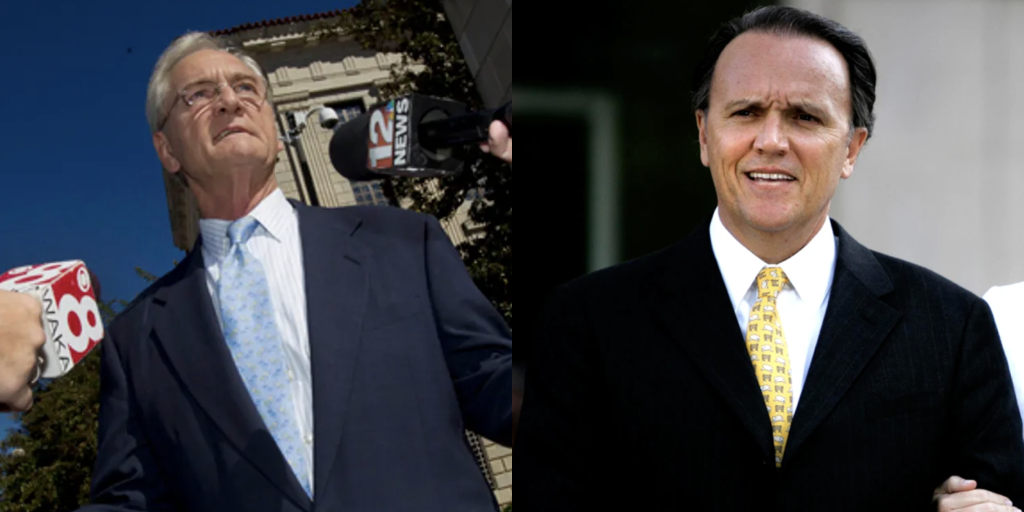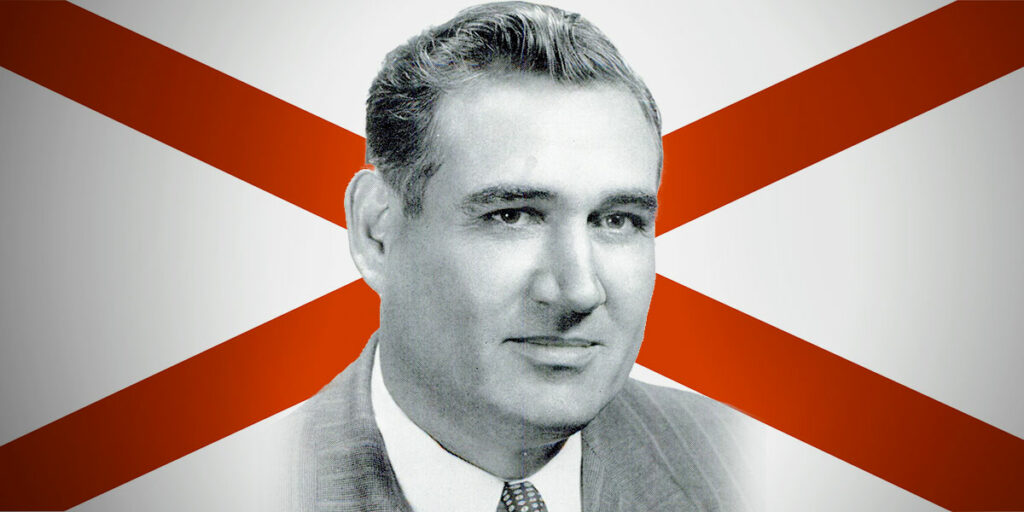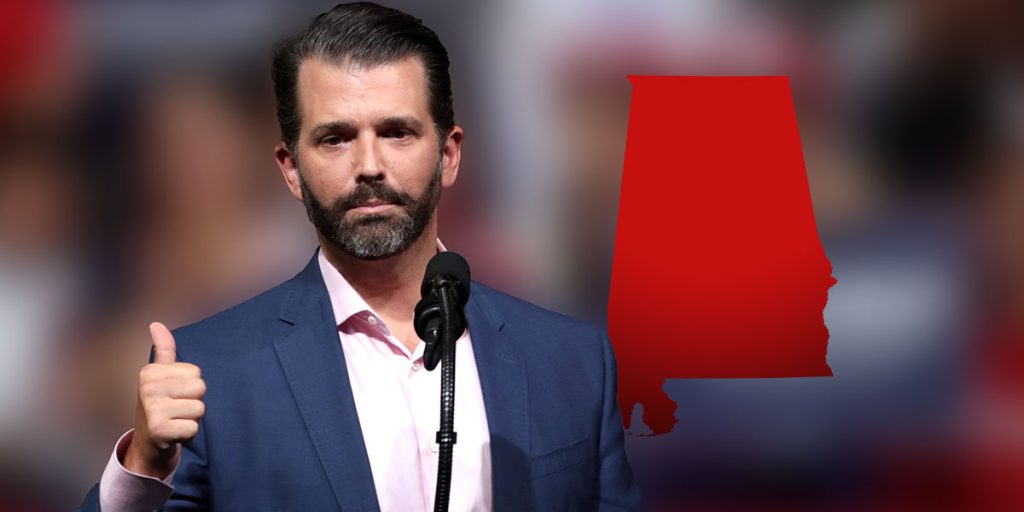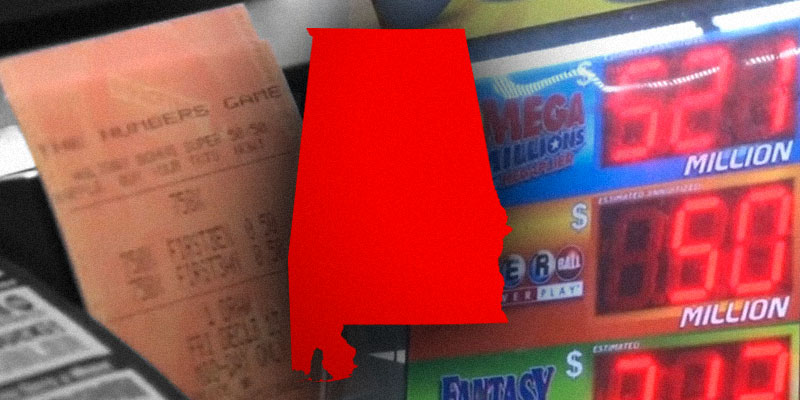
MONTGOMERY, Ala. — Alabama Governor Robert Bentley on Friday released a proposed Constitutional Amendment (CA) that would institute a state-sponsored lottery, with the revenue from it flowing into the General Fund, rather than the Education Budget, to fund Medicaid, prisons and other agencies.
The synopsis of the CA reads as follows (read the full CA here):
Under existing law, lotteries and gift enterprises are prohibited.
This bill would propose an amendment to Section 65 of the Constitution of Alabama of 1901, to authorize an Alabama Lottery and dedicate the proceeds from the lottery, after expenses and prizes, to the state General Fund, for the ordinary expenses of the executive, legislative and judicial departments of the state.
The amendment would establish an Alabama Lottery Commission to implement, administer, and regulate the operation of such State Lottery. The amendment would further require the Legislature to pass general laws
necessary to implement this constitutional amendment.
Constitutional Amendments require a vote of the people, so for it to appear on the General Election ballot in November, the legislature would have to pass a bill authorizing the CA vote by August 24th.
“In order for our state to be the best that it can be, we must once and for all solve problems that have held our state back for decades,” said Gov. Bentley, alluding to Alabama’s perpetual General Fund Budget crisis. The state’s Medicaid program, which has almost doubled in size over the past decade, is the primary driver of the funding shortfall.
While speaking to doctors at Monroe County Hospital earlier this year, Gov. Bentley said he believes 70 percent of Alabamians would support a lottery proposal that is directly tied to funding Medicaid, a major source of revenue for rural hospitals. Recent polling, however, shows Alabama Republicans split on the lottery, while remaining overwhelmingly opposed to a further expansion of casino gambling.
Gov. Bentley asked the Legislature to include an additional $100 million appropriation for Medicaid this year, bringing the total request to $785 million. In 2007, Medicaid’s line in the General Fund Budget was only $400 million, and the program’s explosive growth is likely to continue in the years to come. That has resulted in some lottery critics calling into question Gov. Bentley’s claim that a lottery would be a “long term solution” to the perpetual funding issues in the General Fund.
The legislature ultimately included $700 million in the budget for Medicaid, $85 million short of Gov. Bentley’s request, saying it would be difficult to go any higher than that without slashing other state services.
The State Medicaid Agency responded by reducing reimbursements to doctors back to 2013 levels, which was before ObamaCare implemented a “fee bump.”
“This is a difficult, but necessary cut due to the budget crisis the Medicaid Agency is facing at this time,” said Commissioner Stephanie Azar. The decision saved the state roughly $15 million.
“We must find a way to solve Medicaid’s $85 million budget shortfall, both to protect a program that nearly one million Alabamians rely on, and to move forward with these long-term reforms that will slow Medicaid’s exploding costs,” said Senate Majority Leader Greg Reed (R-Jasper), who in 2013 sponsored a bill overhauling the state’s Medicaid program.
Gov. Bentley believes the only tenable longterm solution is to approve a lottery that could bring in over $200 million annually.
Alabama is one of only six states that does not have a lottery, but a gambling expansion of any kind will face fierce opposition from the state’s large swath of evangelical voters.
Dr. Joe Godfrey, executive director of the Alabama Citizens Action Program (ALCAP), an almost 80-year-old organization that describes itself as “Alabama’s moral compass,” earlier this year expressed concerns that “illegal gambling is taking over this state” and reiterated his group’s opposition to an expansion of any kind. Influential Christian conservative talk radio host Rick Burgess added that he believes the lottery is “a lazy plan” for politicians who cannot balance a budget.
In 1999, Alabamians voted down Gov. Don Siegelman’s proposed “education lottery” 54% to 46%. Since then, numerous statewide candidates — most of them Democrats — have run on a platform of letting the people vote again.












